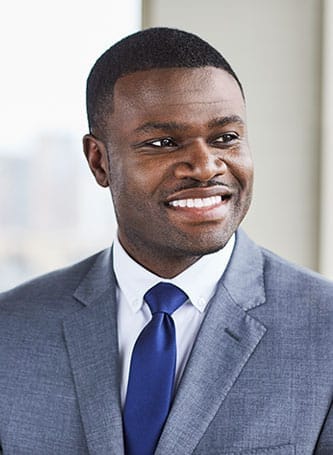Showing a lack of testamentary capacity in Massachusetts will and trust litigation is not easy. In Joseph A. Haddad, et. al. v. Marcel A. Haddad, et. al., the Massachusetts Appeals Court recently reversed a decision by the Massachusetts Superior Court by finding that a father who changed his estate planning documents to leave everything to only one of his three sons while likely suffering from the early stages of dementia-did not lack testamentary capacity to do so.
Antoine Haddad (“Antoine”) had three sons: Alain, Joseph, and Marcel Haddad. Of the three sons, Marcel was the father’s main caretaker. In 2004, Antoine established an estate plan that included a will and a trust that held Antoine’s house. He was the sole trustee and held one hundred percent beneficial interest in the trust assets during his lifetime. Upon his death, Antoine’s three sons would be equal beneficiaries under the trust and Antoine’s will. In 2010, doctors discovered that Antoine was suffering from a brain tumor that was putting substantial pressure on his optic nerve and causing Antoine vision issues. After a surgery that removed most of the tumor, Antoine’s vision improved, but his health steadily declined.
Antoine began suffering substantial memory issues, and losing his already limited English communication skills. In May of 2011, Antoine wanted to change the estate to make Marcel the sole beneficiary of his estate, and in June of that same year the estate planning documents were changed to make Marcel the sole beneficiary. In 2013, Antoine’s primary care physician diagnosed him with dementia. Antoine’s primary care physician then referred him to neurologist Dr. Paul Chevrin (“Dr. Chevrin”) for an assessment, and Dr. Chevrin diagnosed Antoine with an “Alzheimer type dementia.” Antoine’s dementia only worsened over time until he eventually died on February 5, 2017.
After Antoine’s death, Joseph and Alain discovered that their father changed his estate planning documents to leave everything to Marcel. Joseph and Alain then filed suit in Superior Court challenging the 2011 changes to the estate documents. The two central allegations were that Marcel unduly influenced Antoine into changing the estate planning documents, and that Antoine lacked the testamentary capacity to change the documents in 2011. The Trial Court concluded that there was no undue influence but found that Antoine began showing signs of dementia after his brain surgery in 2010, steadily declined from that point, and lacked testamentary capacity when he executed the changes to his estate planning documents in 2011. Marcel appealed the judge’s ruling on the issue that Antoine lacked the mental capacity to change his estate planning documents in 2011.
The Appeals Court sided with Marcel and reversed the decision of the Trial Court. Despite evidence showing that Antoine’s mental state began deteriorating from as early as 2010, the Appeals Court concluded that there was no direct evidence concerning Antoine’s mental capacity on the day he signed the estate planning documents in 2011. The Court held that the relevant focus for testamentary capacity always turns on the testator’s mental faculties at the time the testator signs a will or a trust, not in the weeks before or afterward. In other words, absent evidence to the contrary, there is a presumption that a person can have periods free of delusion when he understands in a general way the purpose of his will or trust, the nature of his property and the people who would claim it even if, in the days before or after, he was having periods of confusion, delusion, and mental incapacity.
The Appeals Court also addressed Antoine’s limited ability to understand the estate planning documents in English. While noting that his limited grasp of the English was relevant evidence of his ability to understand the documents-such evidence did not prevent Antoine from having the capacity to execute the documents given that Marcel translated the documents for him.
If you are interested in more about Fitch’s will and trust litigation practices, please visit our Probate, Will, and Trust Litigation page.
